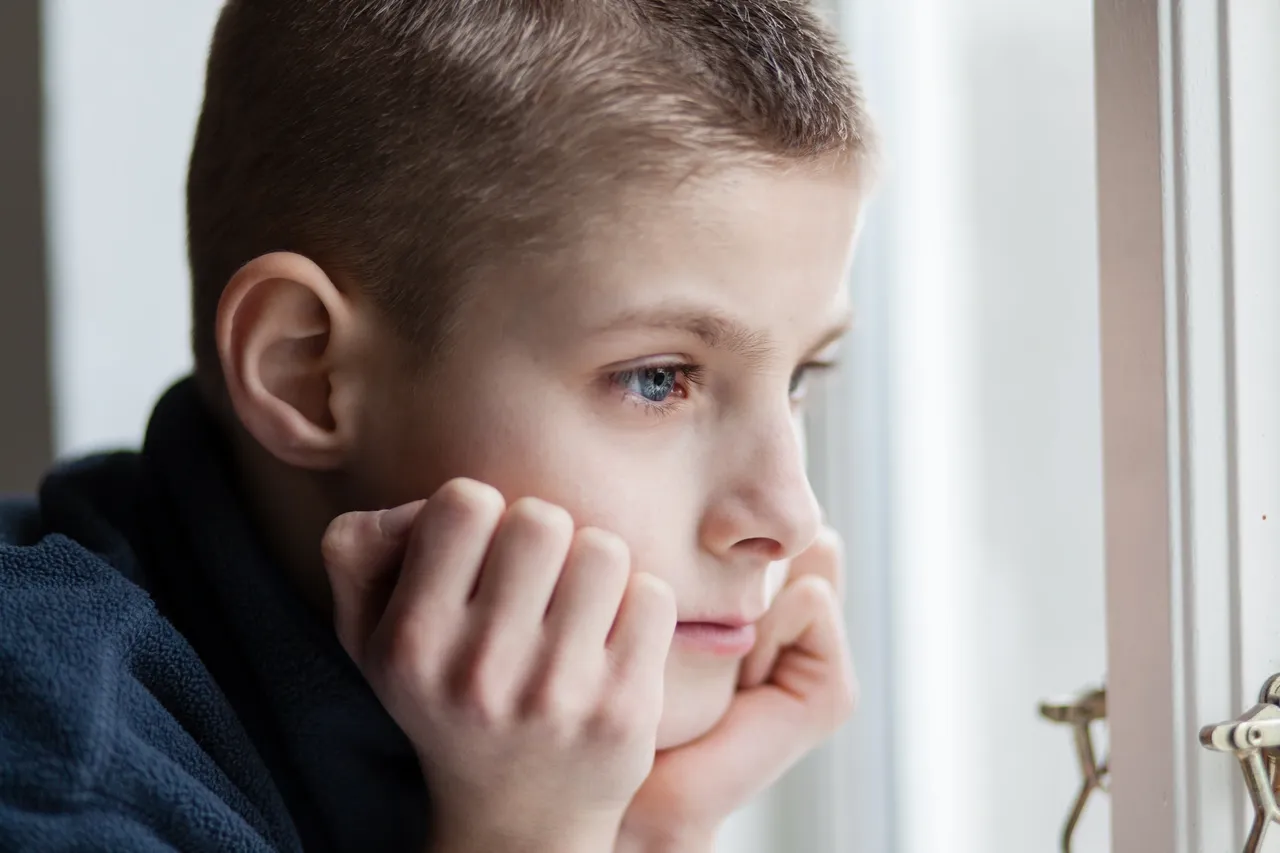To understand aggression, it’s important to know that it is triggered by our fight-or-flight response, which is based on how we perceive threats in the world. We’re all capable of aggression under particular circumstances, but as parents, it’s our responsibility to identify the triggers for our children’s fight response.
If your child is lashing out, consider the following:
-
- Do they have low frustration tolerance?
-
- Are they impulsive or still learning to control their impulses?
-
- Do they lack problem-solving skills?
-
- Are they dealing with stressful life events?
-
- Do they have problems regulating their emotions?
-
- Are they struggling with executive functioning deficits?
-
- Are autistic symptoms causing them to be overwhelmed?
-
- Is hyperactivity getting in the way?
-
- Is anxiety at play?
-
- Are they scared?
-
- Do they have the vocabulary to communicate complex feelings?
There are many factors that can increase violent behaviour. The following factors should be addressed or taken into consideration when selecting the correct approach for addressing the aggression:
-
- History of aggressive or violent behaviour
-
- Being the victim of abuse
-
- Exposure to violence
-
- Being the victim of bullying
-
- Use of drugs and/or alcohol
-
- Presence of weapons in the home
-
- The possibility of mental illness
-
- Sexist beliefs and attitudes
-
- Trauma and loss (poverty, severe deprivation, marital break-up, unemployment)
-
- Brain damage from head injury.
Why it’s important
Aggressive behaviour can be very stressful and scary for the whole family. Dealing with daily attacks from your child can slowly wear away at your resilience and empathy. You might question your ability to parent effectively and you could easily fall into a toxic cycle of reactive parenting fuelled by hostility and punishment. In the long term, regular and intense power struggles can harm or destroy your relationship with your child.
Focusing on maintaining your own wellbeing is essential to be able to maintain empathy and resolve issues with your child in a positive and constructive way. Remember that you can’t look after others unless you first take care of yourself.
Tips and strategies
Here are some ideas to help you manage aggressive behaviour:
Don’t take it personally. Constant disrespect can be a parent’s worst trigger. It’s important to remind ourselves that kids process situations differently to adults and often have difficulties in processing feelings, especially their own. Look at your child’s misbehaviour with curiosity not with the assumption of malice.
Set your child up for success. Understand your child’s abilities so that you can recognise their limitations – it’s easier to reset your own expectations and create tasks that your child has the tools to complete. This creates opportunities for positive reinforcement and rewards for cooperating.
Model the behaviour you want to see. The ability to remain in control of your emotions is crucial in modelling positive behaviour for your child. Be honest about your feelings and name them so your child can see what anger or frustration looks like. Take this one step further and talk with your child about how you can resolve the problem.
Prioritise a positive relationship. Choose a few golden rules that you’ll always enforce and be flexible the rest of the time. If you engage in daily conflicts you’ll end up answering every offence with criticism or punishment. Acknowledge and reward all the positive gestures, good choices your child makes and their honest attempts to do the right thing.
Learn to anticipate. Record aggressive behaviours so you become familiar with the triggers for your child’s aggression. Knowledge and awareness of these triggers allows you to formulate an exit strategy, or plan, for dealing with potentially explosive situations in advance.
Stand united. Agree as a family on house rules and consequences for breaking them. Discipline is much more efficient when you and your partner work as a united team. Use opportunities to teach not punish. When there is consistency in your household, your child will know exactly what to expect.
Separate the child from the behaviour. Kids who consistently hear negative talk about themselves eventually believe it. Your job is to build your child’s self esteem, not tear it down. Call out the behaviour and enforce consequences, but do not use negative language to label your child.
Create a cool off area. Give your child an option to cool off in a room where they feel safe. Consider setting up a box with sensory items that they can use to help them regulate their emotions.
Know when to get help. If your child is displaying aggressive behaviour that you cannot manage adequately yourself, book an appointment for a comprehensive evaluation by a qualified mental health professional. Early intervention by a psychologist or psychiatrist can identify underlying conditions and personalise treatment options for your child.
Have a plan for dangerous behaviour. Physical abuse, threats, weapons, or stealing and damaging property are classified as criminal offences. For your family’s safety it may be necessary to consider calling the police. Depending on the severity of the situation, a visit from the police will address the immediate emergency and may also help your child realise the impact of their actions. Don’t call the police simply to scare your child as this could undermine the work of the police and unnecessarily redirect police resources.
Dealing with aggression in your children is a complicated issue but the first thing we have to do is understand what triggers this action and then try and find the appropriate remedies.
References
1. https://www.healthline.com/health/adhd/parenting-tips
2. https://www.verywellmind.com/anger-management-tips-20539
3. https://www.wire.org.au/young-people-who-use-violence/
5. https://noviolence.org.au/wp-content/uploads/2016/06/adoltopar.pdf
6. https://parentingscience.com/aggression-in-children/
7. https://www.additudemag.com/behavior-punishment-parenting-child-with-adhd/
8. https://www.childdevelopmentclinic.com.au/behavioural-modelling.html


